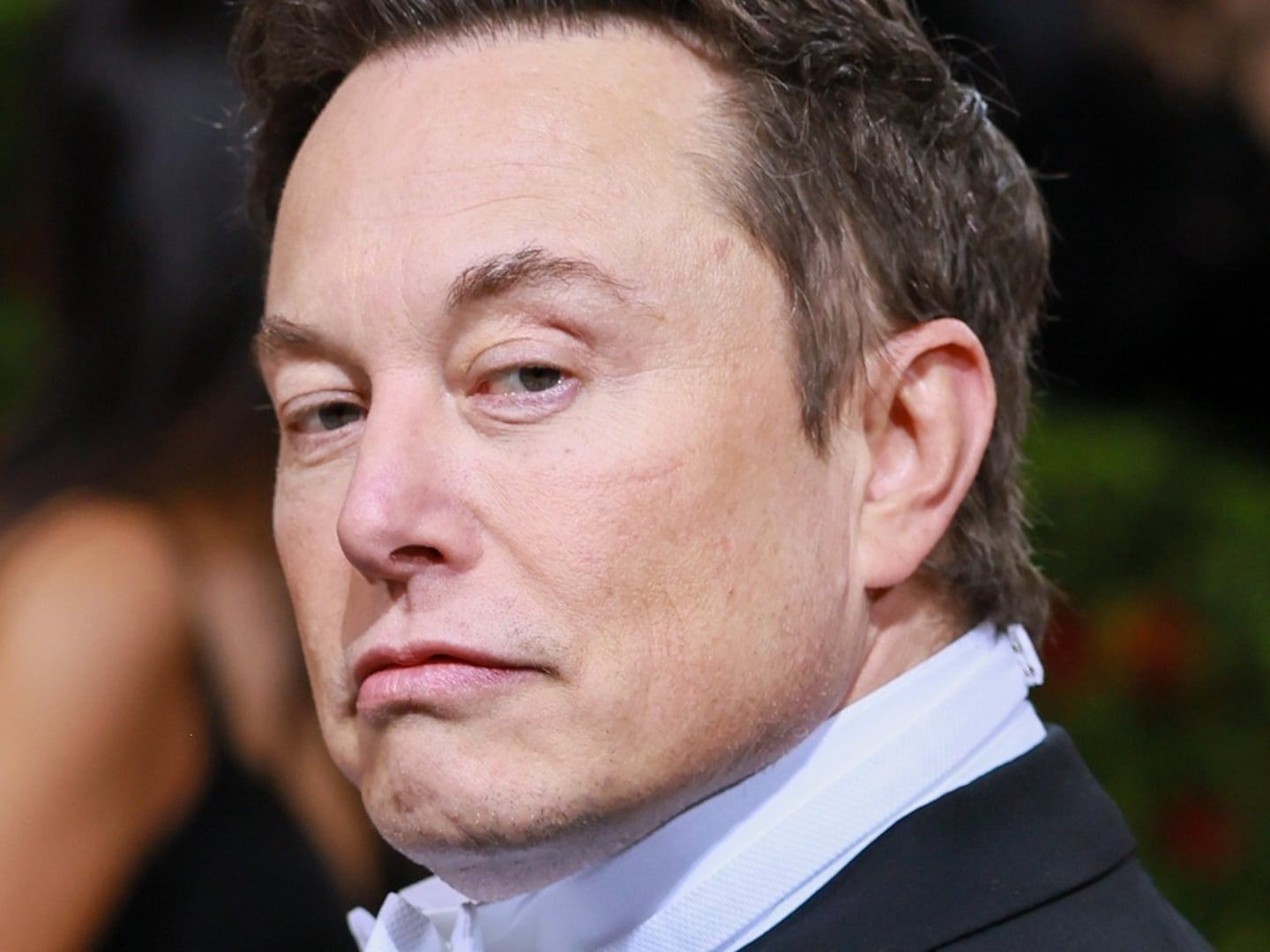Entertainment
Laurie Sparham/Netflix
‘Black Mirror’ Season 3 Surprise: Inside the Episode That Will Have Everyone Talking
THE TWIST
Series creator Charlie Brooker and star Mackenzie Davis take us inside the Netflix series’ best episode this season—and more. [Warning: Spoilers]






